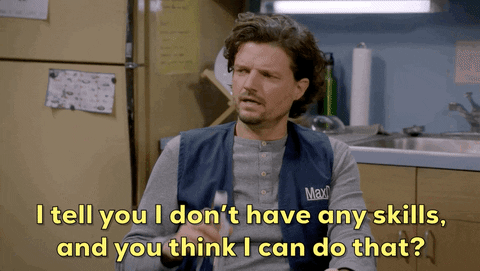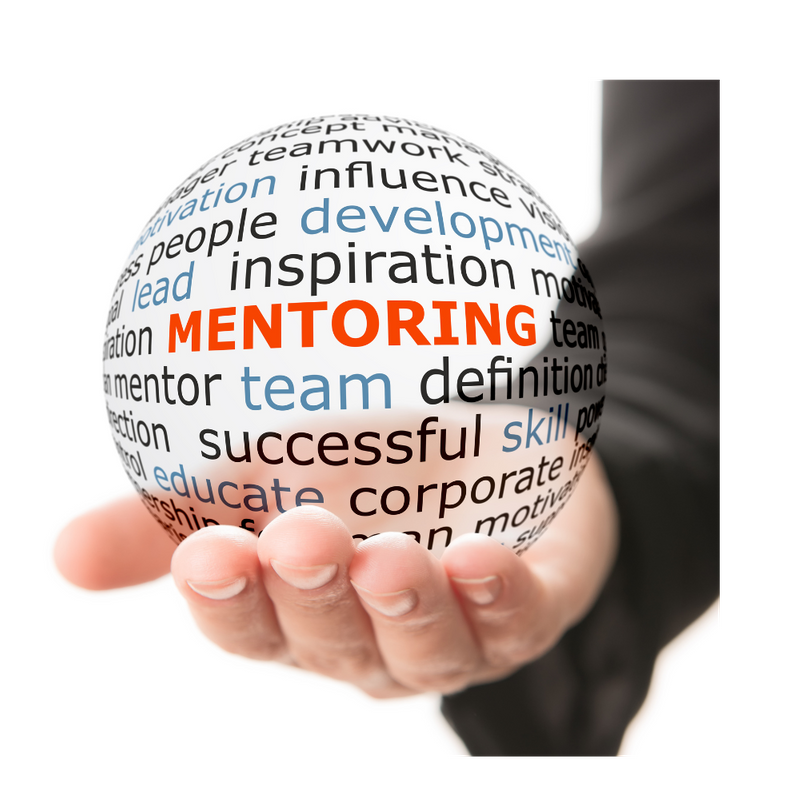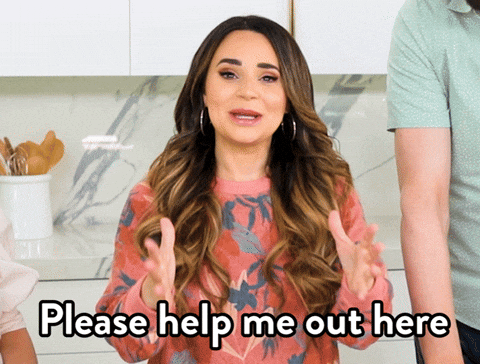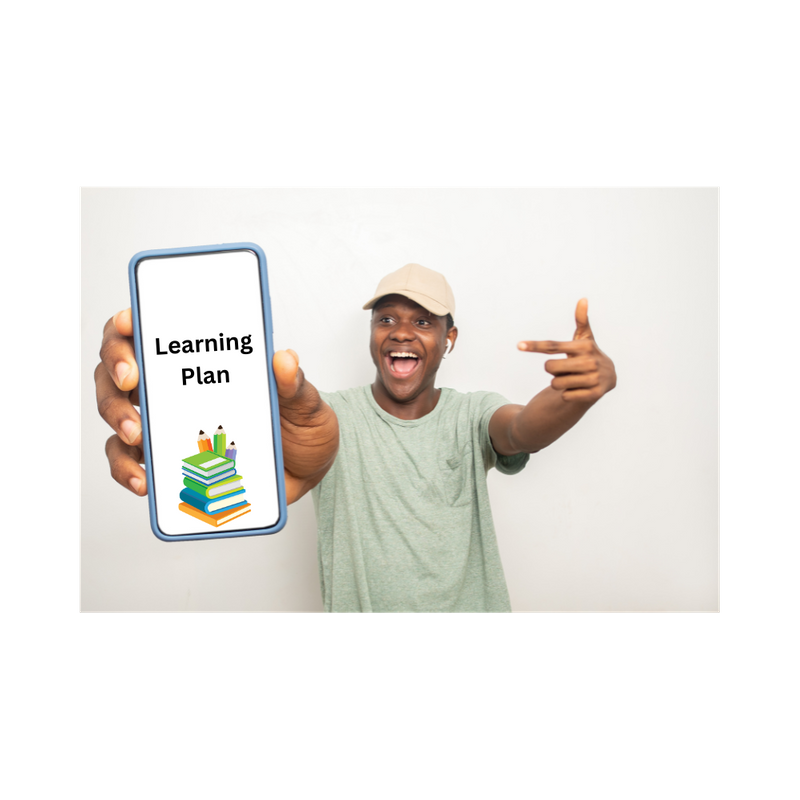Have you ever found a job you’re excited about, but then realized from the job description that you're missing some of the key skills? You're not alone, and you don't have to figure it out on your own.

A skills gap is an opportunity for you to grow, so you can crush the next job when it comes along.
Sure, you can close this skills gap by taking a course, watching a YouTube video, or reading blogs or eBooks. But if you want guidance and faster progress, working with a mentor can help you address your skills gap.
How Can a Mentor Help?
A mentor is an experienced individual who provides you (the mentee) with advice and support to help you in your role and with career development. A great mentoring relationship is a partnership built on "mutual respect, trust, and integrity."
 Photo credit by Emevil in Canva
Photo credit by Emevil in Canva
A mentor is NOT:
Perfect — they've made mistakes and can help you to avoid them.
Your employee — they'll guide you, but you have to do the work.
A mind reader — you have to share your goals with them so they can help.
Once you're working with a mentor, they can help you address your skills gap in the following ways.
1. Identify Your Skills Gap
There are times when you don’t know what to do, or why you're stuck and not moving forward. Having a mentor can help you with this.
They can spot things you can't see. A mentor can help you zoom in on your goals and pinpoint which skills you'll need to get there, saving you hours of frustration and guesswork trying to figure out your skills gap on your own.

 Example in Action
Example in Action
Monica loves photography but has struggled for weeks to get the lighting right. Frustrated, she decides to work with a mentor who is a seasoned photographer.
Her mentor quickly spots that she’s using the wrong lens and angle. After switching lenses and adjusting her angle, Monica finally achieves the lighting she wanted.
2. Develop a Personalized Plan
Mentors offer advice, guidance, and support to help you close your skills gap so you can achieve your goals.
Use their advice and recommendations to create your plan. When you personalize your plan, you'll grow faster because you'll be working with information that is specific to your situation.
 Photo credit by Nzewi Confidence in Canva
Photo credit by Nzewi Confidence in Canva
 Example in Action
Example in Action
Joe is working with his mentor so he can get better at public speaking. His mentor suggests a few workshops he can attend and shares tips for building his confidence on stage.
Joe takes this information and creates a plan that he can use to close his skills gap and crush his public speaking goal.
3. Provide Access to Resources
Having a mentor gives you access to tips, tools, and insights you might never find on your own.
It can be a course they recommend, a conference you should attend, or a project you should work on. Also, their connections can open doors you didn’t know existed.


Example in Action
Penny loves fashion design and has been making outfits for herself and her friends, but now she wants to take her skills to the next level.
She tells her mentor, who recommends a free summer intensive workshop hosted by her friend Nick, who runs a local design school. Excited to participate in this program, Penny signs up immediately, as she never knew such a program existed in your area.
4. Act as a Confidence Booster
As you take action and execute your personalized plan, your mentor can be there to cheer you on. Their encouragement and support help you to remove self-doubt, as your confidence grows alongside your skills.

 Example in Action
Example in Action
Wyatt is a talented artist who rarely shares his work because he thinks it's not good enough. Although his mentor tells him that they are, he still doubts his abilities.
His mentor encourages him to enter a local art competition. Feeling a bit nervous, he submits his paintings, and one of them wins first prize. That experience boosts his confidence and inspires him to keep painting and enter other competitions.
How Do I Get a Mentor?
That's a good question. Watch this video to learn how:
As noted in the video:
Figure out what your goals are and how a mentor can help you achieve them.
Find people who have a background that lines up with your goals.
Once you've identified that person, get to know them first if you don't know them already.
Don't immediately ask for a favor or for them to be your mentor.
Once you've gotten to know them, you can have the mentoring conversation.
Quiz: Seth's Skills Gap
 Seth loves animation and dreams of working in the industry. He finds an entry-level animation role, but realizes that he lacks the necessary experience with one of the main software programs required for the role.
Seth loves animation and dreams of working in the industry. He finds an entry-level animation role, but realizes that he lacks the necessary experience with one of the main software programs required for the role.
Seth goes to his mentor, a senior animator, to get help in closing this skills gap. What questions should he ask his mentor? Select all that apply:
A. "Can you review the plan I made to learn this software and suggest changes?"
B. "Do you know any courses or projects I can join to practice this software?"
C. "Can you look at what I can do in this software and tell me what I need to improve for the job?"
D. "Can you connect me with someone who’s really good with this software so I can learn from them?"
Quiz
Select all options that apply:
Take Action
 Photo by Desola Lanre-Ologun on Unsplash
Photo by Desola Lanre-Ologun on UnsplashYou've seen how working with a mentor can help you address your skills gap. Use these steps to further help you:
Your feedback matters to us.
This Byte helped me better understand the topic.
